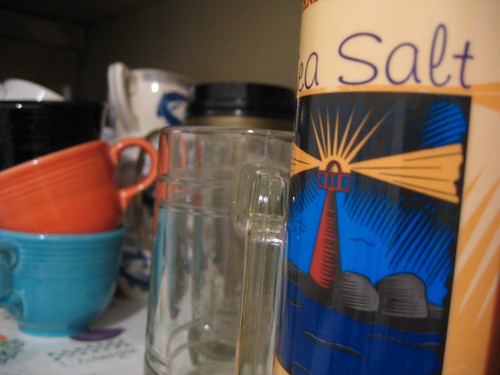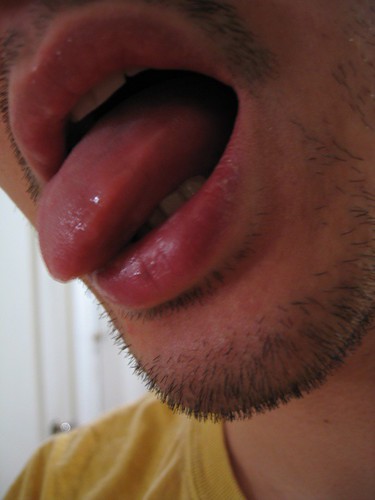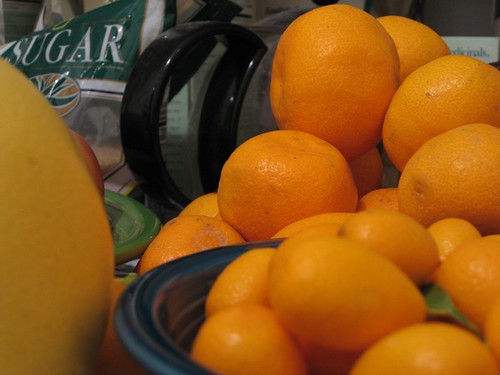Cycle 46: Tongue and Groove

Sweet Dreams
6,000 B.C.E. Cultivation of sugarcane originates on the island of New Guinea.
2,700 B.C.E. Peng-Tzao-Kan-Mu (a Chinese treatise on pharmacology) discusses forty kinds of salt.
Sweet dreams are made of hopes,
Salt dreams are made of fears,
I travel the word and the seven seas,
Looking for nothing,
To see everything.

Sugarmovers and Saltshakers
2,600 B.C.E. Egyptians use salt to make mummies.
510 B.C.E. Persian soldiers discover “reeds which produce honey without bees” near the Indus.
Writing is mummification, preserving fugitive selves for unknown afterlifes. (Sweet-talking anonymous readers, the writer’s transmigrating tongue secretes honey without bees.)

Tooth Suite
350 B.C.E. Salt is exchanged for slaves in Greece.
1600 Sugar production in tropical America becomes the world’s largest and most lucrative industry. The African slave trade expands with the sugar industry.
I am the slave of my imperious tongue, ruled by its capricious cravings and whimsical disgusts, bound by the words it will and will not, can and cannot speak.

Sugar Daddy
600 B.C.E. Roman legionnaires are given money (salarium argentum) to buy salt.
1603 The Badii palace in Marrakesh is completed after sixteen years of construction, the gold, Italian marble, and onyx adorning the palace having been paid for with sugar.
2005 My salary for teaching: $6,635.02 per class.
My salary for writing: 0.
Without a sugar daddy, I couldn’t afford to write.

With a Grain of Salt
1926 Fidel Castro born to a sugar landlord.
1930 Gandhi’s salt march.
To see the world in a grain of salt
And history in a sugar crystal.
<< On the Nose
>> In Touch

<< Home